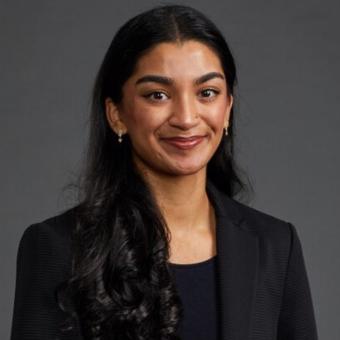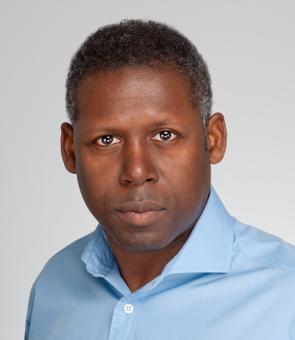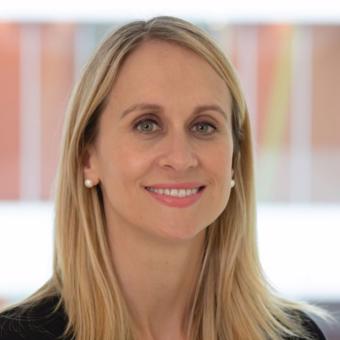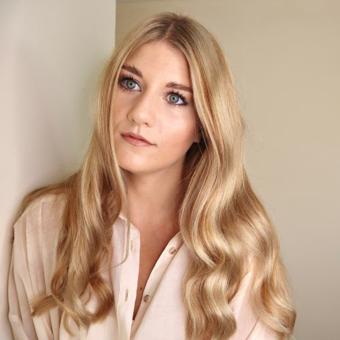Stephen Jagusch, global chair of Quinn Emanuel's International Arbitration Practice, discusses his working life at the largest law firm in the world devoted solely to business litigation and arbitration
Stephen, thanks for agreeing to be interviewed for The Brief. Firstly, can you give us a summary of your own career to date and your current role at Quinn Emanuel Urquhart & Sullivan?
I was Auckland born, raised and educated. I was first recruited by Simpson Grierson where I practiced general litigation and was trained by its brilliant senior litigator, Michael Cole. London soon beckoned which led to a litigation associate position at Freshfields. After 18 months, I had the good fortune to be seconded to Paris to learn and practice international arbitration under Jan Paulsson; to my mind the leading international arbitration practitioner and thinker of our time.
After four years in Paris I returned to London as a senior associate with Allen & Overy. I made partner two years later. I had the privilege of growing its international arbitration practice alongside the wonderful and highly talented Judith Gill QC. It was there, after ten years a partner and as global head of arbitration, that I first started thinking about doing something different. The same, but new, if that makes sense. I found that in Quinn Emanuel.
It was widely reported that the London office’s 2014 revenue was up 33%. Where did that growth come from?
In 2014 we were - in a sense - rebuilding following a quiet end to 2013. This was caused by the successful settlement of several mega cases. That situation can have a large impact on an office of only ten partners. That said, international arbitration made a substantial contribution to our performance in 2014, but the growth was also attributable to our strategy to pursue a broader client base where our profitability would be less dependent upon large cases.
What’s driving your own work in international commercial and investment treaty arbitration?
My first reaction to this question is my passion for the subject and my eagerness for a good fight. But the second reaction is to acknowledge that I also enjoy large and diverse teams working on complex cases with many moving parts. International arbitration typically involves choices of law, multiple jurisdictions and business and legal cultures as well as intriguing enforcement dimensions; treaty cases routinely encounter novel issues that create new law. What’s not to like?
The firm has offices all over the world. How closely do they work together?
Quinn Emanuel is a very collaborative environment both within London and across the global network. Every partner is a litigator, so we all know what it takes to succeed in our field and we all share the same passion for excellence.... And for winning! Close co-operation is especially important in our international arbitration practice where our cases typically are run by teams of partners and associates from different offices. Globally, in just two years, we have gone from relatively unknown in the sphere of international arbitration to one of the top ten firms. That simply could not have been achieved without a tightly knit and supportive culture.
Could you ever envisage a time when the firm wasn’t litigation-only?
No. Multidisciplinary practices pull partners in too many different directions, to say nothing of the vast conflicts created by having any type of transactional practice. Many of the partners here have joined from other firms precisely to avoid the conflicts and internal management demands created by such practices. For too many international firms their litigators exist to keep litigation revenues within the business. In other words, they are a nice to have but not a must have. Here, what every partner does is core business. I can’t see us ever selling out that unique point of difference.
Quinn Emanuel has a reputation for being forward thinking with incentives like its much publicised 'work on a beach' associate scheme. What impact does that approach have on firm culture?
We are a hard working firm, for sure, but we have our own open and somewhat relaxed culture. Jeans are the norm and suits are only for client meetings. Associates are given lots of responsibility and as there is no strict hierarchy; they find their own levels, not those imposed by seniority or structure. Most like and – more importantly - respond well to that. Associates like the way we encourage them to do as much of their own advocacy as possible. We are, after all, a firm of trial lawyers, but this does not mean that only partners get to have all the fun. Associates are also expected to have a full role in marketing and business development which most of them enjoy. Add to that events such as the annual firm hike, and the ‘work from a beach’ policy and I think we have created a unique and enjoyable culture.
Why do clients choose Quinn Emanuel?
Many reasons; key amongst them being our reputation for winning cases – especially the high value, complex or ‘bet-the-business disputes’ for which we are renowned. But also because they know we are less likely to be conflicted. Also, that we are willing to take on the banks, financial institutions, insurance companies and other global giants, and do so with complete conviction and in a way that most other firms are unwilling - or unable - to do due to the interests of their transactional partners and clients.
What attributes make a Quinn Emanuel lawyer?
There is no one mould fits all. However, it is unlikely that anyone would succeed here if they did not have a love for the law and a passion for teamwork, strategising, trying cases and winning.
What’s been the most exciting or rewarding case you’ve personally been involved in?
That’s tough as I have enjoyed so many, and for so many different reasons. That said, I will never forget the satisfaction of my persuading an ICSID tribunal, on behalf of my client in the UAE, to throw out a $2.5bn claim for want of jurisdiction on the basis that, contrary to the claimant's own belief (and the belief of the Italian authorities!) he was not in fact a national of Italy. Or... my commencing the first ever claim under the Energy Charter Treaty (which led to a prompt settlement). Or... extracting evidence of corruption during a cross examination that led to the collapse of $1bn+ of claims. Or... persuading arbitrators in a high profile investment treaty case that the “shall assent” language in two treaties amounted itself to binding consent to arbitration, against three decades of contrary scholarly opinion.
These are mere highlights, but reflect something of the fascinating practice of international arbitration.
Finally, where do you think your career will go in the next 10 years?
I very much hope still to be active in this field, trying and winning the biggest cases











